To ensure proper understanding and safety when using condoms, let’s explore some interesting facts and useful knowledge that you may not have heard about before.
1 Condoms are for Birth Control – True, but There’s More
In addition to birth control, condoms are highly effective in preventing sexually transmitted infections such as HIV, syphilis, gonorrhea, and other genital infections.
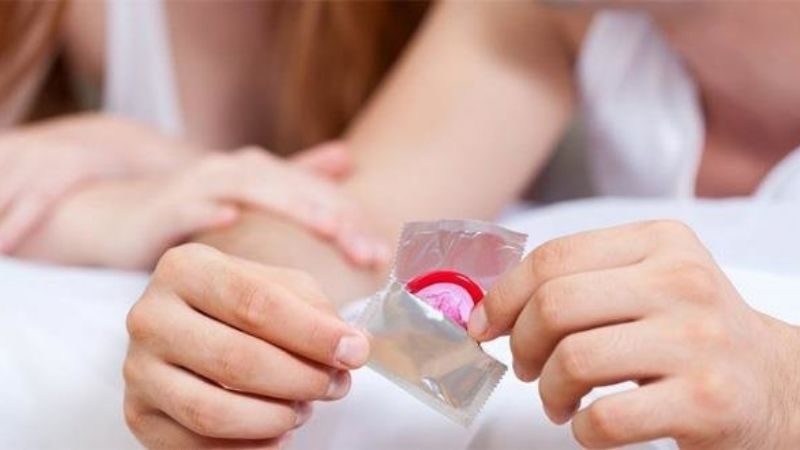 Condoms help prevent sexually transmitted infections
Condoms help prevent sexually transmitted infections
However, the protective effectiveness of condoms is truly maximized when used correctly and when choosing high-quality, intact condoms (there are also counterfeit and fake condoms, and they are easily damaged if not stored and used with care).
2 Using Condoms According to the Expiration Date – Consider the Fine Print!
For condoms that are still in their protective packaging, the expiration date can be up to five years, provided they are stored in a cool, well-ventilated environment. If stored in too hot a place or the package is punctured, the condom inside may dry out, oxidize, and become more prone to tearing during use, compromising safety.
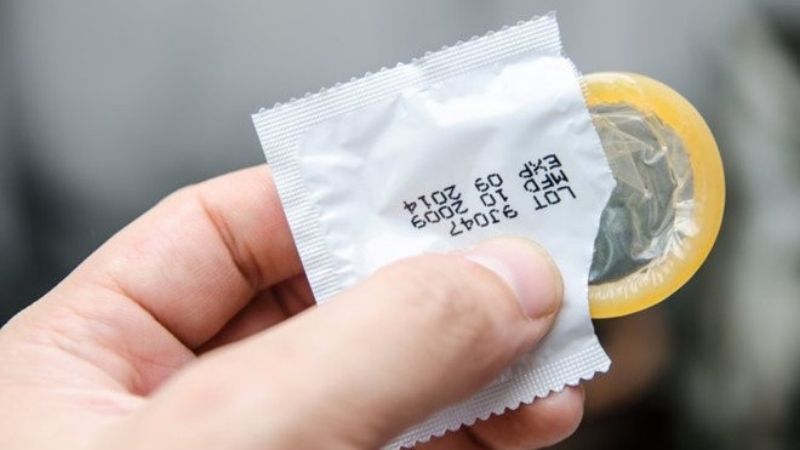 Expiration date of condoms
Expiration date of condoms
Additionally, once the protective packaging is removed, the condom should be used immediately as exposure to air will cause it to dry out, making it more difficult to use. Using it at this point increases the likelihood of tearing.
3 Reusing Condoms – Absolutely Not
Condoms are designed with good elasticity, durability, and safety in mind, even under the “forceful impact” and various “positions” of intimate activities. However, after a single use, the elasticity decreases, and it may develop invisible cracks, making it more prone to tearing if reused.
Therefore, it is essential to remember that condoms are for single-use only and should not be reused, even after cleaning, drying, or adding lubricant.
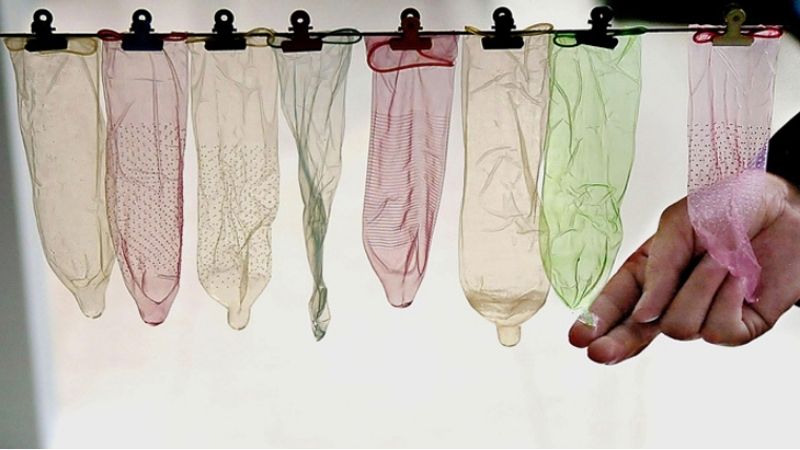 Do not reuse condoms in any form
Do not reuse condoms in any form
4 Using Condoms with Lubricant – Proceed with Caution
Each condom is already coated with a layer of lubricant to protect the condom and facilitate ease of use. Therefore, adding extra lubricant is generally unnecessary.
Note that some lubricants can break down the structure of the condom, making it more prone to cracking or puncturing, compromising safety during intimate activities.
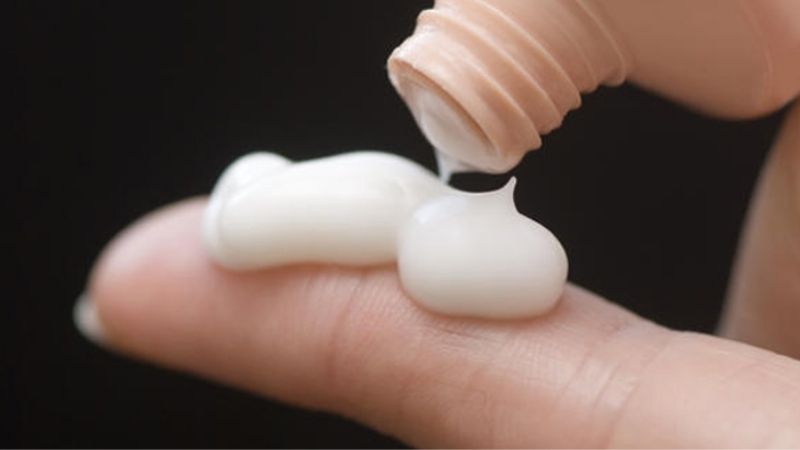 Avoid using additional gel lubricant when wearing a condom
Avoid using additional gel lubricant when wearing a condom
5 Double Bagging for Extra Protection – A Misconception
Wearing two condoms at once does not increase protection but instead:
-
Reduces the “real feel” and emotional connection for users (and takes extra time to put on).
-
Increases friction between the two condoms, making them more likely to tear.
-
Makes the condoms more likely to slip off during the act.
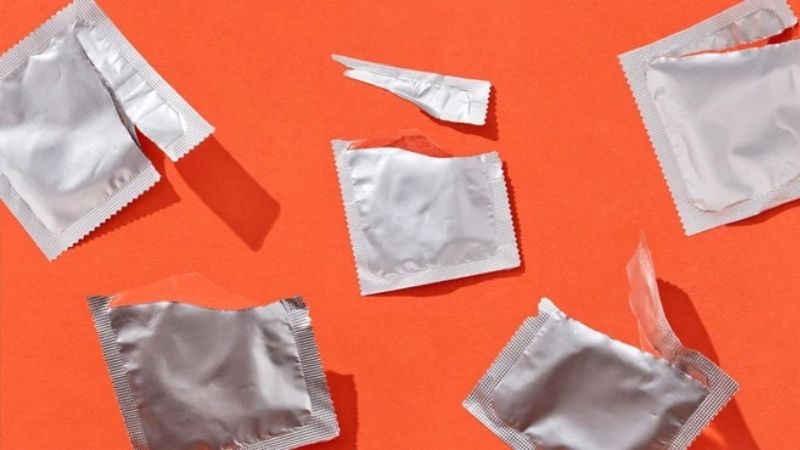 Avoid wearing two condoms at once
Avoid wearing two condoms at once
6 Blowing Up Condoms to Check for Holes – Don’t Do It!
Some people may want to check for tears or punctures in a condom before use by blowing it up. Regardless of the effectiveness of this method, it is important to note that condoms should be used immediately after opening, as prolonged exposure to air can make them more difficult and less safe to use.
In reality, condoms from reputable brands, within their expiration date, and with intact, unscathed packaging are highly likely to be safe and intact. There is no need to test them before use.
 Avoid blowing up condoms to check for holes
Avoid blowing up condoms to check for holes
Additionally, safety depends on how you store and use the condoms, such as avoiding contact with sharp objects, nails, or jewelry, which can easily damage them.
For peace of mind, always purchase quality products and be mindful of proper storage and usage to prevent condom damage and reduce protective effectiveness.
7 Condoms are Only for Men? Not Quite!
Even in Vietnam, you can now find female condoms, made from a soft and thin plastic called polyurethane. These condoms are inserted into the vagina to block sperm from entering the uterus.
When used correctly, female condoms can be up to 95% effective in preventing pregnancy and sexually transmitted infections.
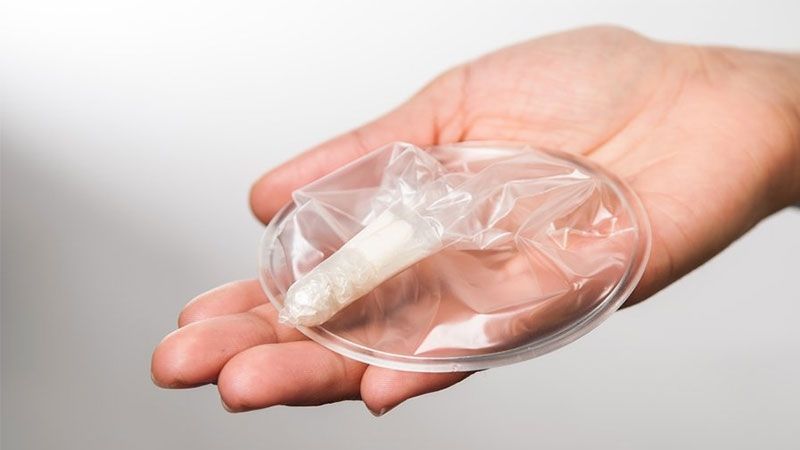 Condoms can be used by women
Condoms can be used by women
If your male partner is reluctant to use male condoms, you can take control of your protection and use female condoms to prevent pregnancy and protect your health.
8 Safety of Condoms
In reality, condoms cannot guarantee 100% effectiveness. They are about 90% effective, with the remaining 10% attributed to various factors such as:
-
Tears or punctures in the condom.
-
Incorrect condom size.
-
The risk of contracting sexually transmitted infections from exposed skin not covered by the condom.
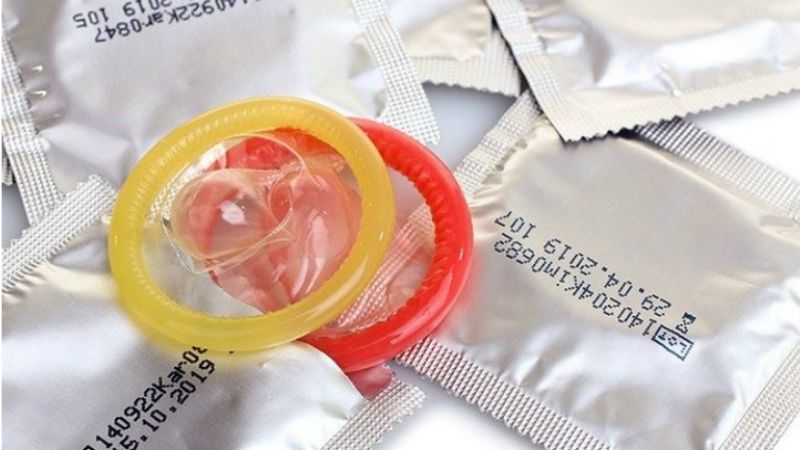 Condoms are only about 90% safe
Condoms are only about 90% safe
Condoms are becoming a familiar part of modern couples’ lives. However, not everyone has comprehensive knowledge about the condoms they use. So, it’s better to be safe than sorry – make sure to stay informed for your benefit and your partner’s.
Recognizing Spoilage and Best Practices for Storing Milk
Dien May XANH is advocating for the careful storage of milk to ensure people consume the nutrition-rich beverage that is safe and healthy. Milk, a source of vitamins and minerals essential to our bodies’ functioning, can become tainted if not properly handled, causing painful, and in some cases, severe gastrointestinal distress.
Exploring the Benefits and Methods of Family Planning
Family planning is an important tool for not only promoting development and stability, but also for creating stronger and more secure family bonds. In this article, we will explore the key benefits of family planning, as well as providing practical advice for effectively implementing it in one’s family life.






































